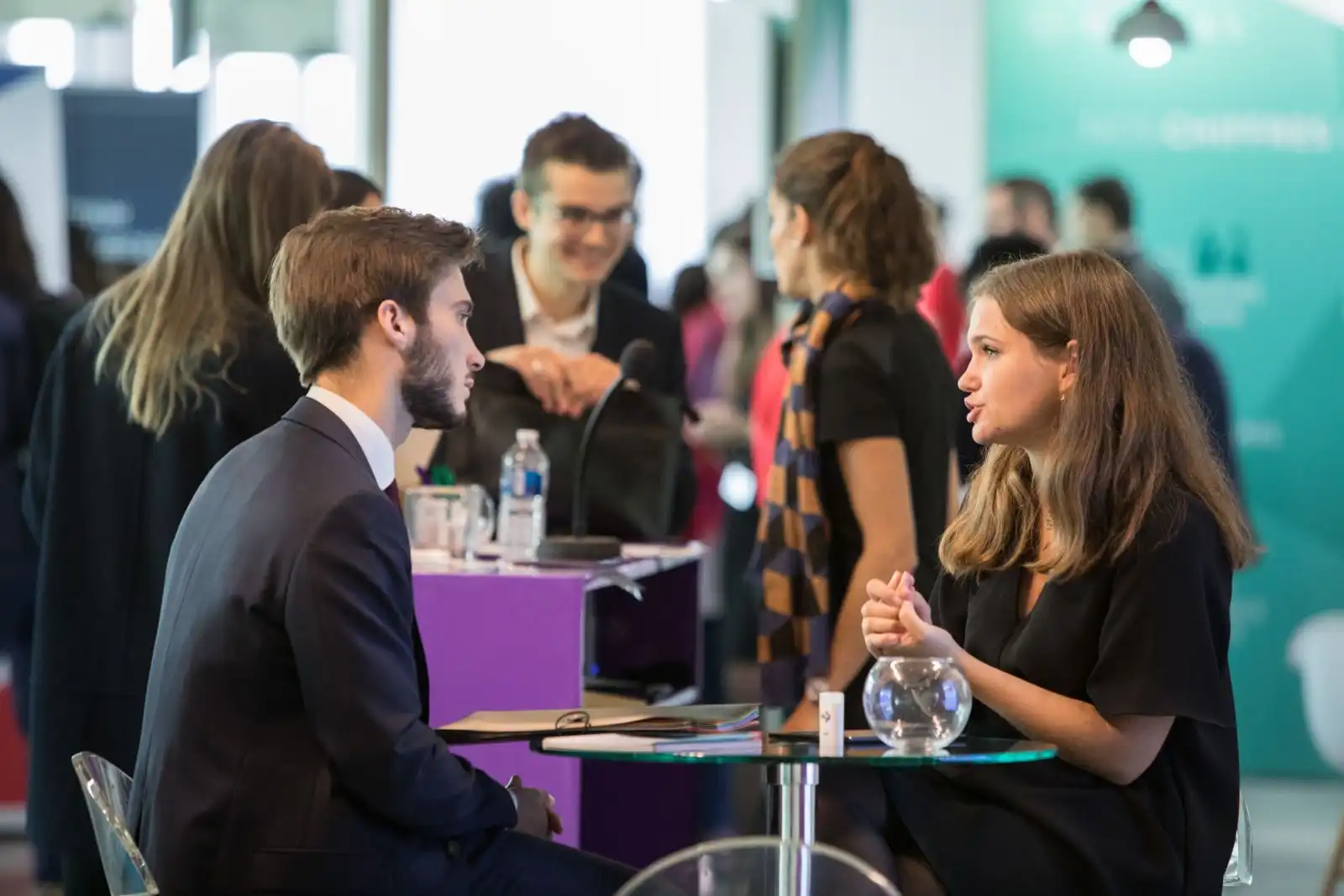Home>Almuni profile: Anna Lefrançois
27.10.2025
Almuni profile: Anna Lefrançois

Anna Lefrançois graduated fom the Master Governing Ecological Transition in Cities (GETIC Track) at the Urban School, and is currently Biodiversity Associate Officer at the United Nations Environnment Programme (UN Environnement Programme).
“My time at the Urban School gave me a systemic view of environmental and urban issues and a better understanding of the interconnections between different levels of governance. […] I believe that my training in sustainable development at the metropolitan level resonates with my current work on global environmental policy, where issues such as integrating nature into cities, infrastructure, nature-based solutions, and the importance of stakeholder dialogue remain central.”
What is your CURRENT ROLE?
I currently work for the United Nations Environment Programme (UNEP) at the Regional Office for Europe, which covers the pan-European region (the European Union, Central Asia, the Western Balkans, and the South Caucasus). I am part of the Nature Action team as a Biodiversity Associate Officer. UNEP's mandate is based on the concept of the triple planetary crisis: climate, nature, and pollution. My work covers issues related to biodiversity, nature, and agroecology, both in terms of policy and programming.
I am based in Brussels with the Liaison Office to the European Institutions and therefore work closely with the European Union to align our programmes, strengthen our partnerships and policy priorities, and mobilise funding for the ecological transition. I am also the focal point for the urban agenda, which involves working with the European Committee of the Regions, the UNEP Cities team in Paris, and UN-Habitat in Brussels. This aspect allows me to maintain a direct link to my studies at the Urban School on environmental governance of cities.
How does your work contribute to the ecological transition?
I hope that my work contributes to the ecological transition by supporting countries in moving towards more sustainable models. In concrete terms, I organise and coordinate capacity-building initiatives to help governments, young people, and universities integrate biodiversity into their actions and public policies. The key is that public policies on biodiversity are not confined to the environmental sector, but are also considered across related sectors such as agriculture, industry, and health.
Specifically, I am currently working on an agroecology project in Armenia with the FAO and UNDP to introduce more sustainable agricultural practices. Armenia will also chair the next Conference of the Parties (COP) to the Convention on Biological Diversity (CBD), and we are supporting the country in its preparations and in implementing its agenda. At the moment, I am leading a project on agroecology in Armenia with the FAO and UNDP to introduce agroecological practices into agricultural systems. Armenia will also hold the presidency of the next COP of the Convention on Biological Diversity (COP Biodiversity), which we are helping to prepare. I find it particularly interesting to work on environmental issues in non-EU countries, where governance is complex and resources are limited.
Finally, in my work, I am also interested in the socio-economic valuation of ecosystem services, such as pollination or carbon sequestration, which nature provides free of charge. Better measuring these contributions helps show that nature is a pillar of our societies and economies and promotes mechanisms that fairly reward its protection.
What are the key takeaways from your time at the Urban School?
My time at the Urban School gave me a systemic view of environmental and urban issues and a better understanding of the interconnections between different levels of governance. Even though I don't work directly at the local level, this approach is helpful to me daily: it helps me keep in mind the concrete dimensions of implementing a development project, coordinating multiple actors, and involving citizens, which are key principles in both urban governance and international cooperation. I believe that my training in sustainable development at the metropolitan level resonates with my current work on global environmental policy, where issues such as integrating nature into cities, infrastructure, nature-based solutions, and the importance of stakeholder dialogue remain central.
Information Sessions: Masters

Find out more about the Masters programs and the wide choice of specialisations offered by the 8 Schools of Sciences Po during our webinars dedicated to applicants.
Employers: discover our students' credentials

Agility, curiosity, open-mindedness: recruiters look for the qualities that characterise our students. To meet our graduates or post a job offer, visit the Sciences Po Careers website